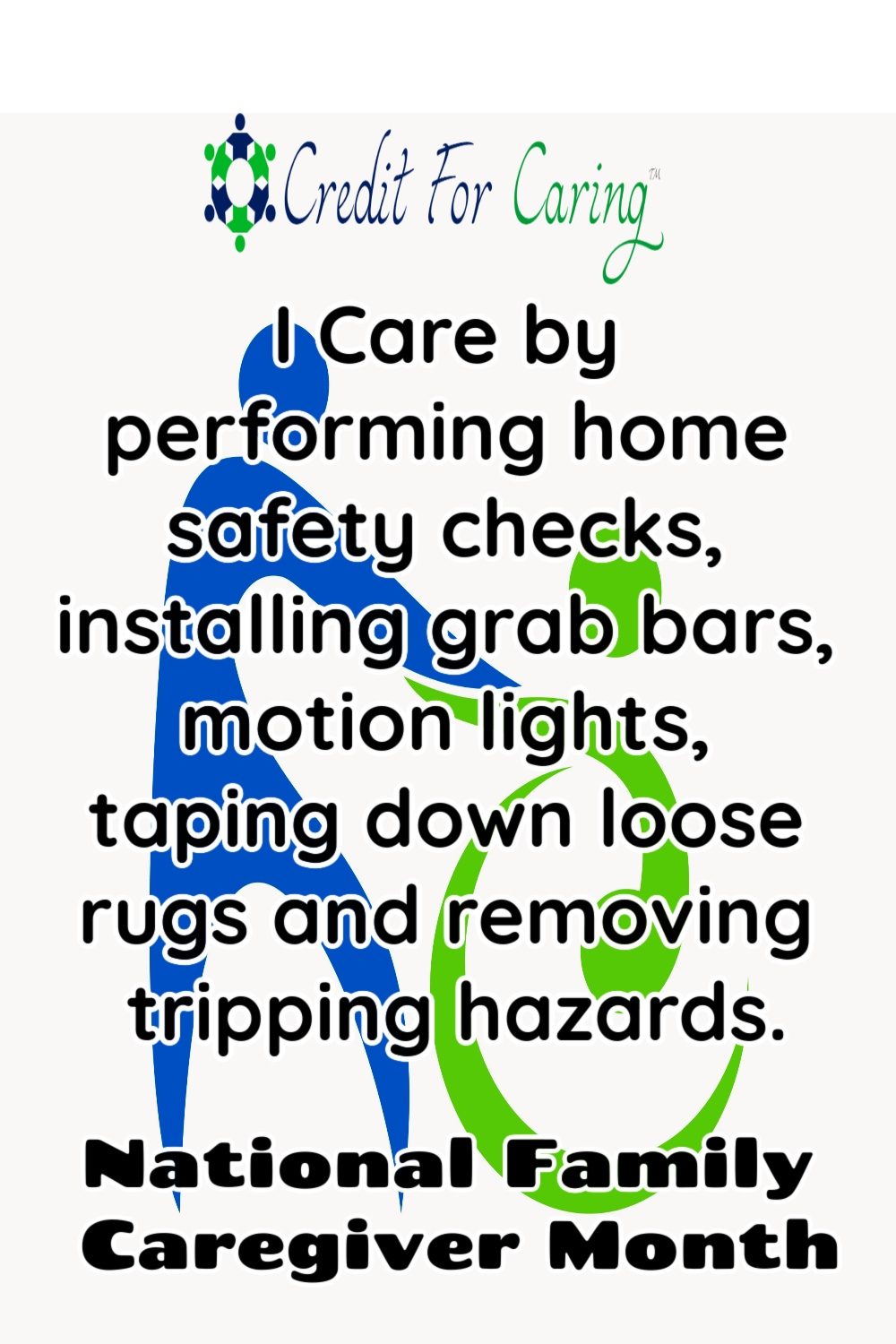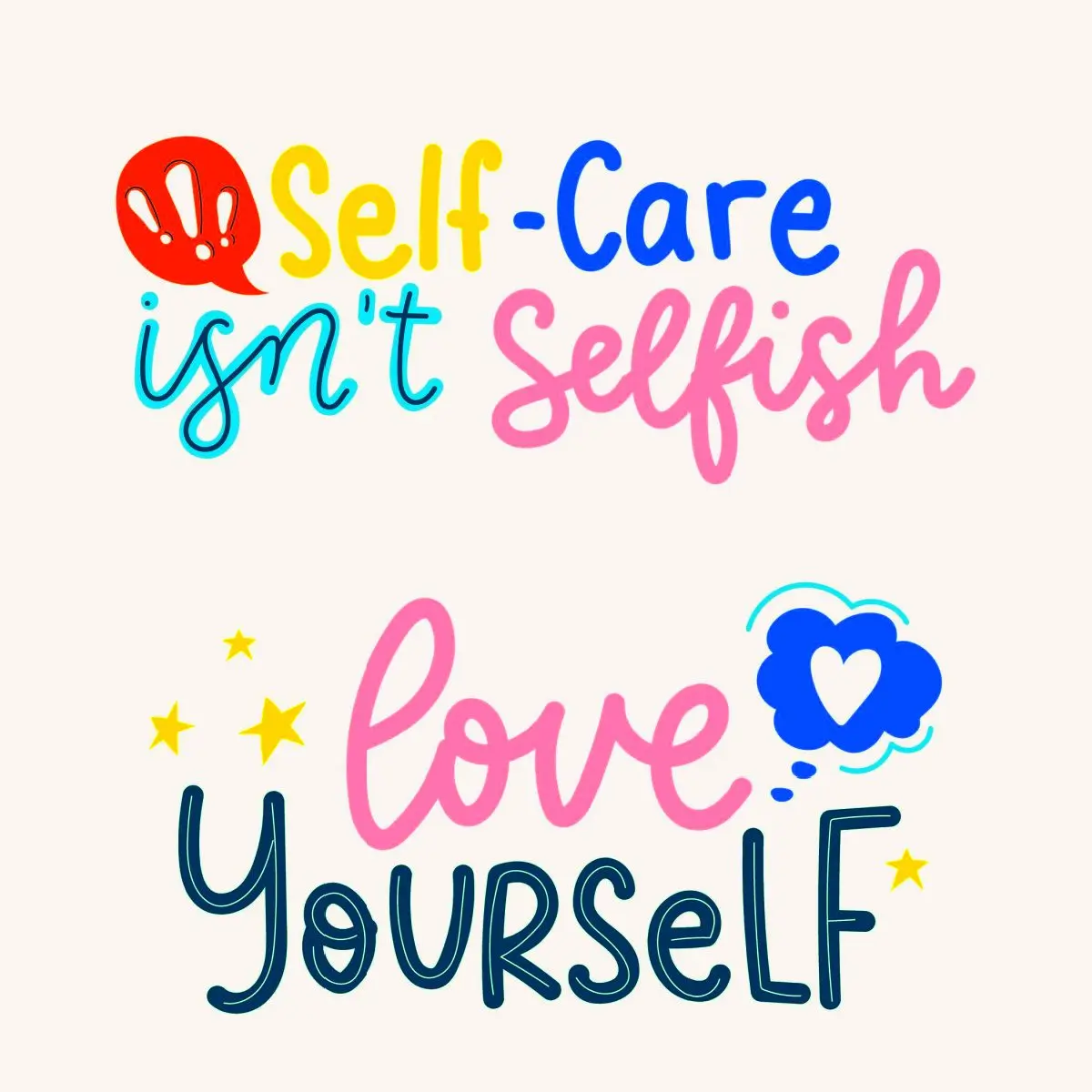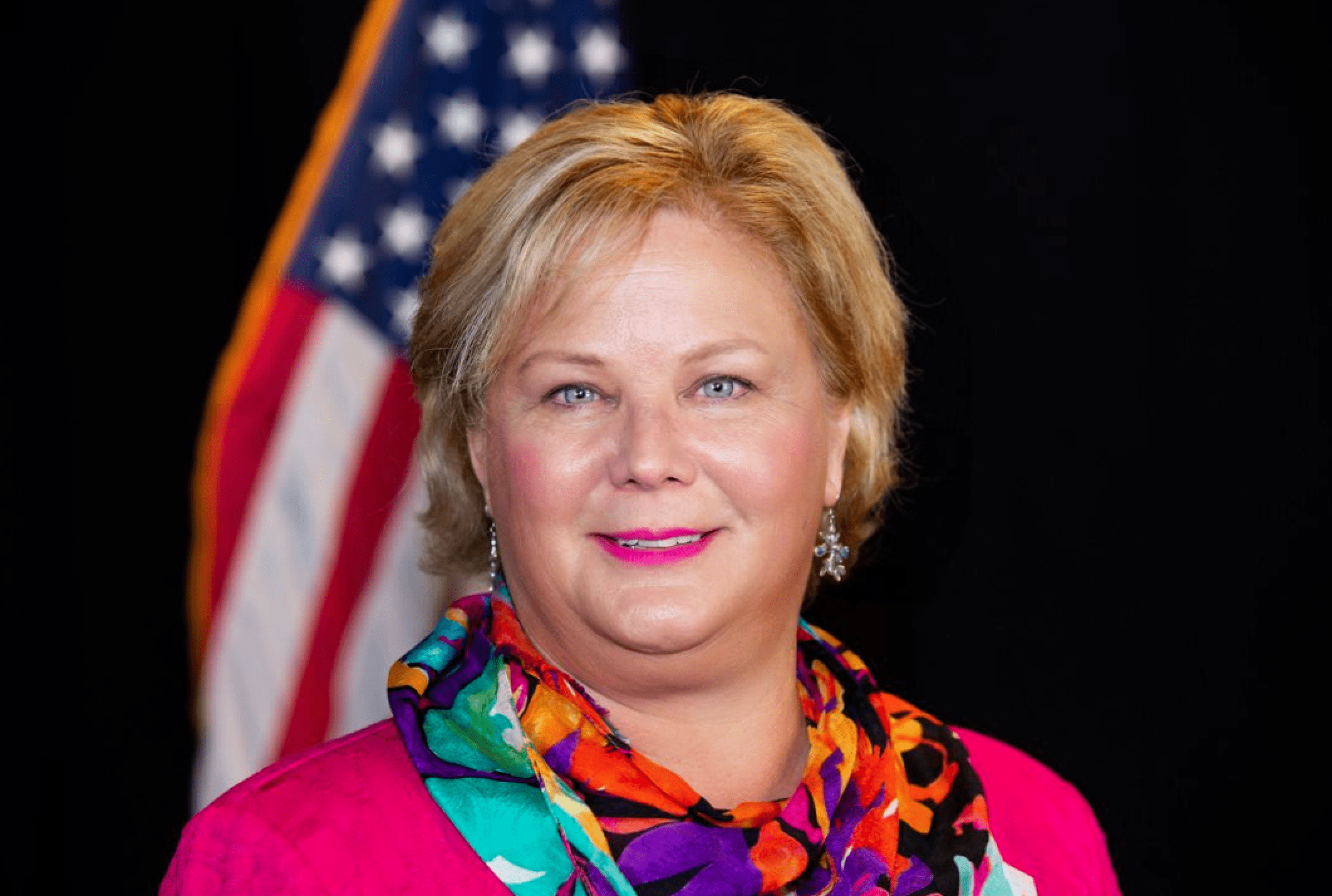
The Silent Army of Helpers: Honoring Family Caregivers
Often unrecognized, these caregivers dedicate their time, energy, and love to enhance the quality of life for their family members. At Credit for Caring, we stand by these heroes, understanding the challenges and sacrifices they face daily. National Family Caregiver Month is a chance to acknowledge and thank them for their invaluable service.
The Courage to Show Up
Remember to give yourself grace. Just showing up for your loved one speaks volumes. Mistakes will happen, but so will moments of growth and learning. And yes, there will be times you can look back and smile, even when the journey feels difficult.

Balancing Guilt and Self-Care
Guilt is a common emotion for caregivers, particularly around taking time for oneself. The caregiver journey is full of complex feelings, including the guilt that arises from taking time away from the loved one who is struggling. This guilt can become a heavy weight, but self-care is not selfish; it’s essential.
Caregiving can be physically and emotionally exhausting. According to AARP, 58% of family caregivers experience moderate to high levels of stress, a testament to the constant demands of caregiving. Respite care—whether through community resources, family members, or friends—can be a lifeline, providing breaks that are essential to avoid burnout.
Remember, you can’t pour from an empty cup. Taking time for yourself allows you to support your loved one more effectively. Many caregivers find comfort and encouragement through online communities and support groups, where they connect with others facing similar challenges. These groups can help remind you that you’re not alone.
Facing the Unknown Future
Uncertainty about the future is a common experience for caregivers. The path can be unpredictable, and the sacrifices required are often profound. But knowledge is power. Learning about medical conditions, healthcare rights, and available resources can ease anxiety and free up mental energy. In fact, resources are available to support caregivers—from local organizations to online educational tools. Connect with professionals like social workers or care coordinators who can help you navigate this journey. Being informed and prepared can provide a sense of control and resilience.
Keep in mind, caregiving can be isolating. Research shows that 80% of caregivers experience strain on their personal relationships. With so much focus on a loved one’s needs, it’s easy to feel invisible, as if life has been put on hold while the world keeps moving.
If you’re feeling lost or underappreciated, remember you’re not alone. Communicate openly with friends and family, as they may not fully grasp the extent of your responsibilities. Lean on those who understand and are willing to help or simply listen.
Thank You for Your Service
To every caregiver: thank you. Your dedication is making a difference. This National Family Caregiver Month, let’s honor caregivers with gratitude, understanding, and support, recognizing the tremendous impact of these silent heroes every day.



